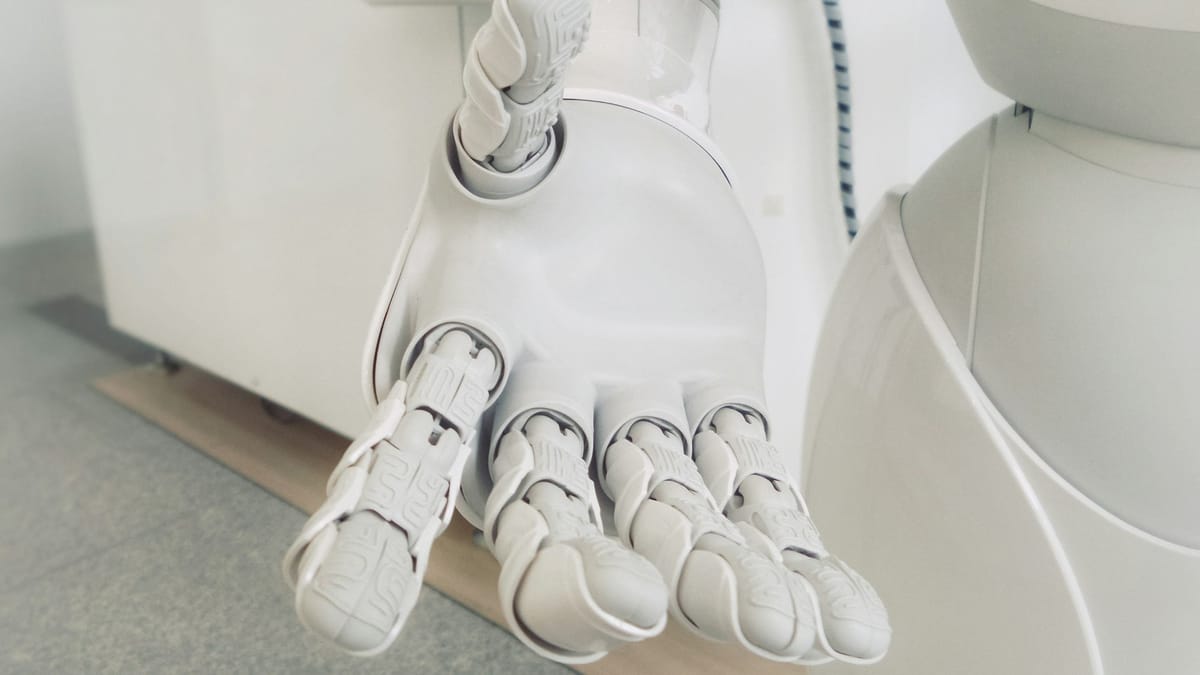Google AI to help detect preventable blindness in India and Thailand
Over the next decade, this initiative will facilitate 6 million free screenings in underserved communities.
Google has long been committed to exploring the potential of artificial intelligence (AI) in solving real-world problems. Now, this commitment is taking on a critical healthcare challenge—preventable blindness caused by diabetic retinopathy.
Following nearly a decade of research and collaboration with hospitals like Aravind Eye Hospital in India and Rajavithi Hospital in Thailand, Google is partnering with local organizations to license its AI-powered diabetic retinopathy detection model.
Over the next decade, the initiative aims to provide 6 million free screenings in underserved communities, bringing early detection to millions who might otherwise go untreated.
Diabetic retinopathy occurs when high blood sugar damages the retina’s blood vessels, and without timely intervention, it can lead to blindness. Globally, more than 537 million people live with diabetes, including 227 million in the Asia Pacific region.
Nearly half are at risk of developing diabetic retinopathy, but many go unscreened due to limited access to specialists, particularly in rural areas. By automating the screening process, Google’s AI model aims to offer a faster, more accurate solution for regions where healthcare resources are scarce.
To make this technology accessible, Google has teamed up with Forus Health and AuroLab in India and Perceptra in Thailand. These partners will take charge of operating and deploying the AI model within healthcare systems, with support from regulatory bodies to ensure the program scales effectively. The screenings will be free for patients, prioritizing those most at risk of vision loss.
So far, Google’s AI model has supported over 600,000 screenings globally, and this partnership will significantly expand that impact.
In Thailand, Google’s AI model is integrated into the National Innovation Program for diabetic retinopathy screening, developed in collaboration with the Department of Medical Services (DMS). Google is also working with the Thai Ministry of Public Health to assess the program's cost-effectiveness and ensure its sustainability in the long run.
While Google leads this initiative, other companies like Eyenuk and IDx-DR are also using AI to tackle diabetic retinopathy. Their FDA-approved AI tools allow healthcare providers to screen for the condition without requiring eye specialists, expanding access to care. Together with Google’s AI, these technologies represent a broader movement toward using AI to improve healthcare outcomes.
By automating a vital diagnostic process, Google’s AI model demonstrates how technology can transform healthcare, particularly in underserved regions. This initiative has the potential to significantly reduce preventable blindness, offering a powerful example of how AI can address major public health challenges. Through these partnerships in India and Thailand, Google is now at the forefront of AI-driven healthcare innovations that can save lives and reshape healthcare delivery.








